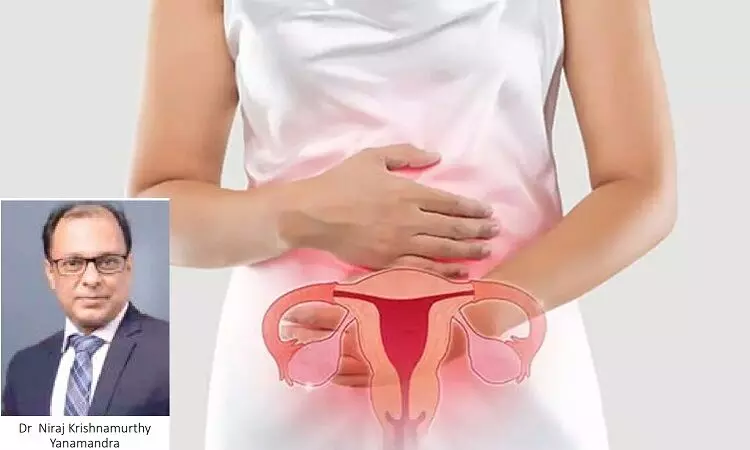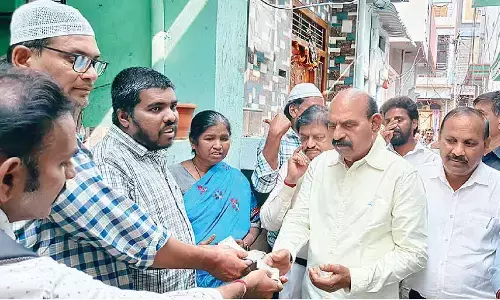Cervical cancer: Do the right thing

Gynecological cancers are among the most common cancers in women and are an important public health issue.
Gynecological cancers are among the most common cancers in women and are an important public health issue. Cancers of the female reproductive tract and breast have a high incidence among Indian women. Cancer registries indicate that over 70% of cancers in females occur between ages 35-64. However, due to the lack of cancer awareness and organised screening facilities in developing countries like India, most women are diagnosed at advanced stages, thus compromising on the quality of life and life expectancy. Globally cervical cancer is the fourth most common cancer in women, with 530,000 new cases per year and the highest prevalence in underdeveloped countries.
Cervical cancer
Cervical cancer develops in a woman's cervix (the entrance to the uterus from the vagina). Almost 99% of cervical cancer cases are linked to infection with high-risk human papillomaviruses (HPV), an extremely common virus transmitted through sexual contact. Most HPV infections clear on their own, but in some cases the infection persists and can develop into cervical cancer or other HPV-related cancer.
In the very early stages, there may be no symptoms and can be identified at colposcopy through biopsy. However, later women may develop abnormal bleeding patterns and pain.
Can cervical cancer be detected early?
A simple test called a Pap smear, done in an outpatient setting, can detect changes in the cervix before developing cancer. Unfortunately, in developing nations, most women present in advanced stages due to limited awareness and no formal screening programs.
The HPV vaccine, screening and treatment of precancerous lesions are essential interventions to reduce the incidence of cervical cancer.
Is cancer cervix preventable?
Effective primary (HPV vaccination) and secondary prevention approaches (screening and treating precancerous lesions) can prevent most cervical cancer cases.
Is the prognosis always bad with cervical cancer?
Cervical cancer is one of the most successfully treatable forms of cancer, if detected early and managed effectively. Cancers diagnosed in late stages can also be controlled with appropriate treatment and palliative care.
Who should get HPV vaccination?
• Recommended for all children and adults between 9-26 years in 2 or 3 doses
• For certain adults aged 27-45 years in discussion with the clinician
• Amongst pregnant women, HPV vaccination should ideally be delayed until after pregnancy. There is no evidence that vaccination will affect pregnancy or harm the fetus.
Do women who have been vaccinated against HPV still need to be screened for cervical cancer?
HPV vaccines don't offer protection against all cancerous HPV types. Hence even vaccinated women are advised to follow the same screening recommendations.
(Dr Niraj Krishnamurthy Yanamandra, MD FRCOG, Dip Gynaecological Endoscopy (Univ of Surrey, UK), Dip Pelviscopic Surgery (Keil, Germany), Consultant Obstetrician & Gynaecologist, Laparoscopic and Hysteroscopy Surgeon, Rainbow Hospitals, Hyderabad, Telangana )











